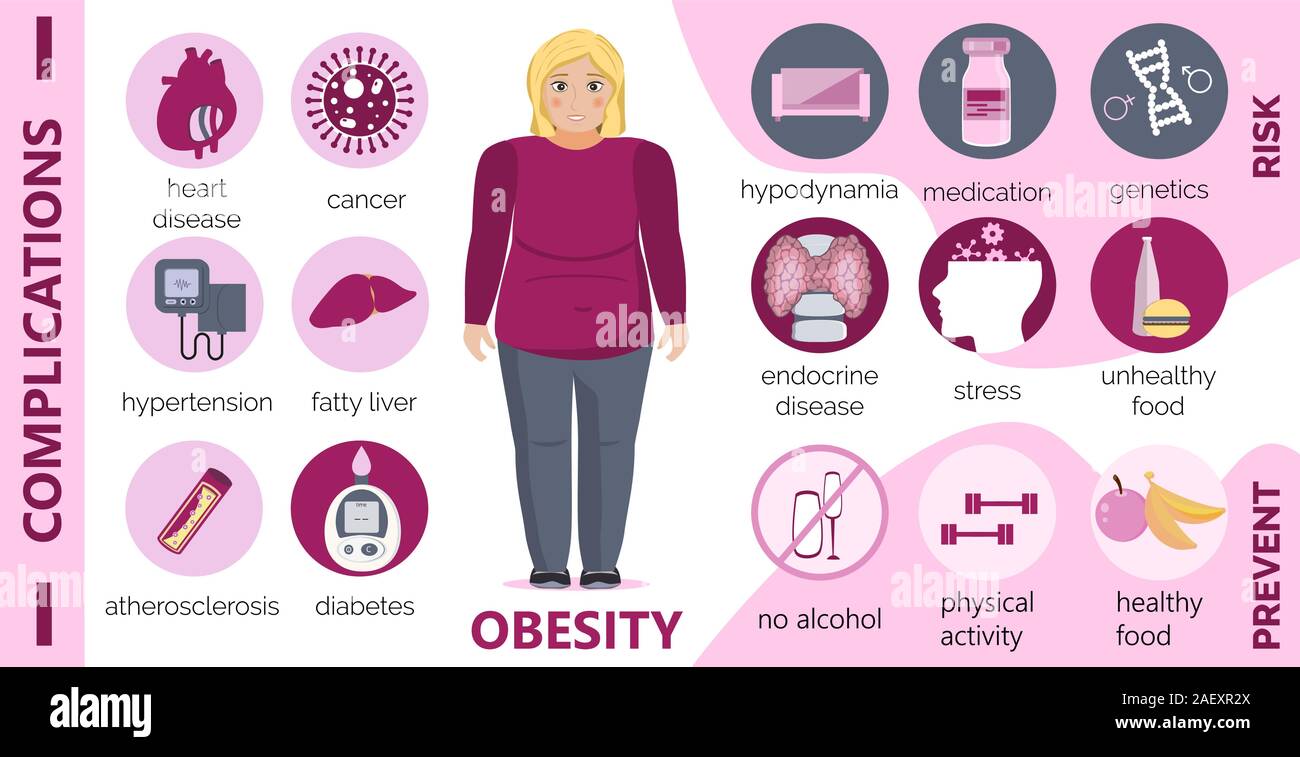Obesity can increase the chances of developing diseases such as type 2 diabetes and heart disease

Obesity Can Increase the Chances of Developing Diseases Such as Type 2 Diabetes and Heart Disease

Obesity has become a global epidemic, affecting millions of people worldwide. It is not only a matter of appearance but also a serious health concern. Research has shown that obesity can significantly increase the chances of developing life-threatening diseases such as type 2 diabetes and heart disease.
The Link between Obesity and Type 2 Diabetes

Type 2 diabetes is a metabolic disorder characterized by high blood sugar levels. Obesity plays a vital role in the development of this condition. Excessive body fat can lead to insulin resistance, where the body’s cells fail to respond to insulin properly. Insulin is a hormone that helps regulate blood sugar levels. When cells become resistant to insulin, glucose cannot enter the cells effectively, leading to high blood sugar levels.
People who are overweight or obese are at a higher risk of developing type 2 diabetes compared to those with a healthy weight. The excess fat in the body triggers inflammation, disrupts the production and function of hormones, and affects the body’s ability to use insulin efficiently. Moreover, obesity promotes the accumulation of harmful fatty acids in vital organs like the liver and pancreas, further contributing to insulin resistance.
The Connection between Obesity and Heart Disease
Obesity is strongly associated with an increased risk of developing heart disease. When excess fat accumulates in the body, particularly around the abdomen, it can lead to the development of various conditions that contribute to heart disease, such as high blood pressure, high cholesterol levels, and atherosclerosis.
High blood pressure (hypertension) is a significant risk factor for heart disease. It forces the heart to work harder to pump blood through the body, leading to increased strain on the heart muscle. Obesity contributes to the development of hypertension by increasing the volume of blood in the body and promoting artery stiffness.
Obesity also raises cholesterol levels, specifically low-density lipoprotein (LDL) cholesterol, which is often referred to as “bad” cholesterol. High LDL cholesterol can increase the risk of developing atherosclerosis, a condition where fatty plaques build up in the arteries, restricting blood flow to the heart. Over time, this can result in heart attacks and strokes.
Additionally, obesity has been linked to inflammation within the body. Chronic inflammation can damage blood vessels and promote the formation of blood clots, further increasing the risk of cardiovascular diseases.
Conclusion
Obesity is not only a cosmetic concern but a significant risk factor for developing diseases such as type 2 diabetes and heart disease. The excess body fat increases the likelihood of insulin resistance, leading to the development of diabetes. Additionally, obesity contributes to high blood pressure, high cholesterol levels, atherosclerosis, and chronic inflammation, all of which greatly elevate the risk of heart disease. Maintaining a healthy weight through proper nutrition and regular physical activity is essential for reducing the chances of developing these life-threatening conditions.
Source: Alamy
Tags
Share
Related Posts
Quick Links
Legal Stuff

